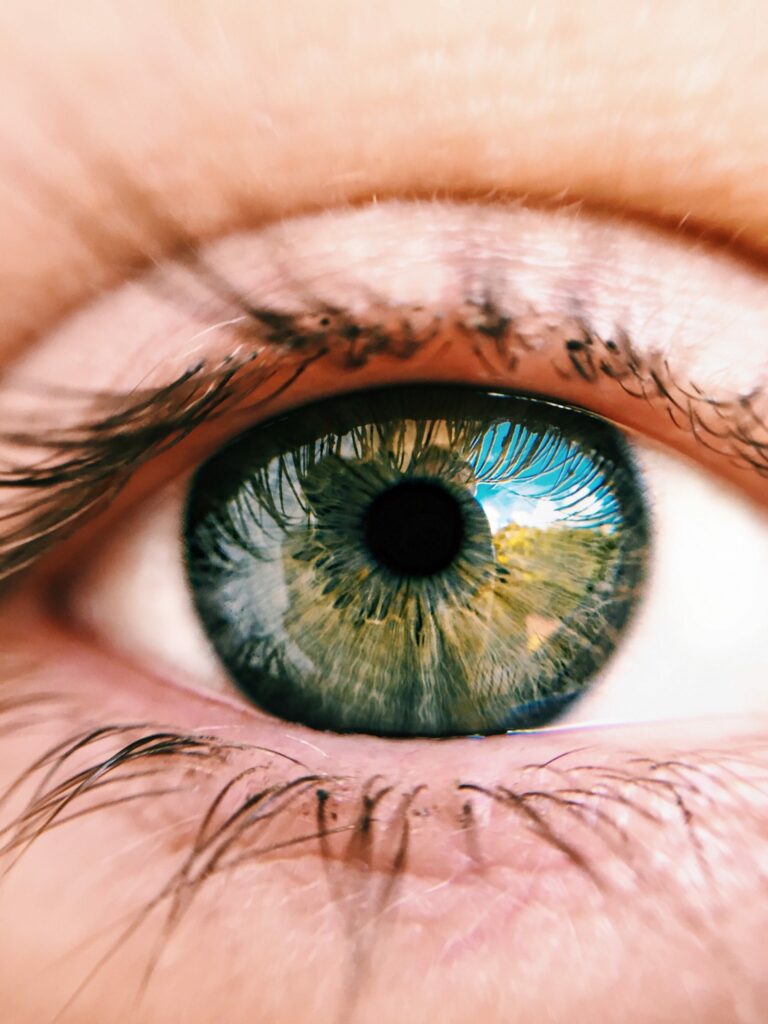Your Eyes Can be Affected by Diabetes

Diabetes is the leading cause of blindness in adults from the age of 20 to 74. If a person has Diabetes, it is imperative to maintain a regular schedule with their primary doctor and ophthalmologist. High levels of glucose in the blood can lead to problems like blurry vision, cataracts, and retinopathy.
When the concentration of fluids in the body changes due to Diabetes, the natural lens in the eye can swell, thus making vision blurry. If your vision suddenly becomes blurry, do not go straight to get a new pair of prescription glasses. Make sure you have a physical exam to check your sugar levels.
Diabetes can accelerate the formation of the following conditions:
- Cataracts are part of the natural aging process. However, when a patient has Diabetes, this process tends to demonstrate itself earlier in life and progress at a faster pace. When cataracts are present, vision becomes blurry, and glare becomes more evident. Cataract surgery quickly solves this issue by extracting the cataract itself and implanting an intraocular lens in the eye.
- Glaucoma is more likely to develop with patients diagnosed with Diabetes. Eye pressure builds up inside the eye when the fluid or aqueous humor cannot drain properly. This elevated pressure can cause damage to the nerves and blood vessels. This condition causes the vision to become blurry. There are many treatments available for your eye physician to treat glaucoma. These treatments are imperative to prevent vision loss.
- Diabetic retinopathy is diagnosed when high blood sugar/ glucose levels cause damage to the small blood vessels in the retina. The retina (the back of the eye) sends the information to the optical nerve and to the brain. If diabetic retinopathy is not treated, a person can lose their vision. The longer the period with Diabetes, the higher the risk of developing this condition.
- Diabetes can also produce headaches, eye pain, watery eyes, halos around lights, and vision changes.
The good news is that if a patient keeps their sugar levels regulated and their doctor’s visits, then the chances of developing all these conditions become lower. Some lifestyle changes may be necessary when a person becomes diagnosed with Diabetes. However, this condition can be easily managed with the help of proper diet, exercise, and medical supervision and care. Changes are sometimes good. Keep your health and your vision! Enjoy life!

